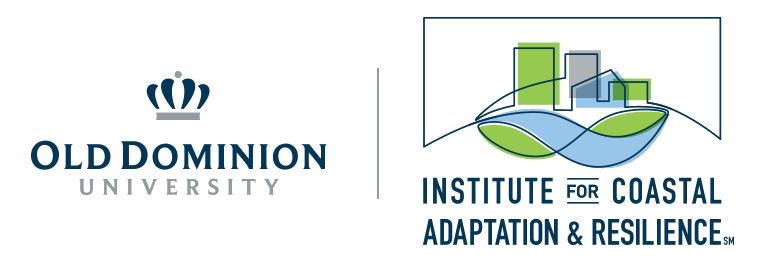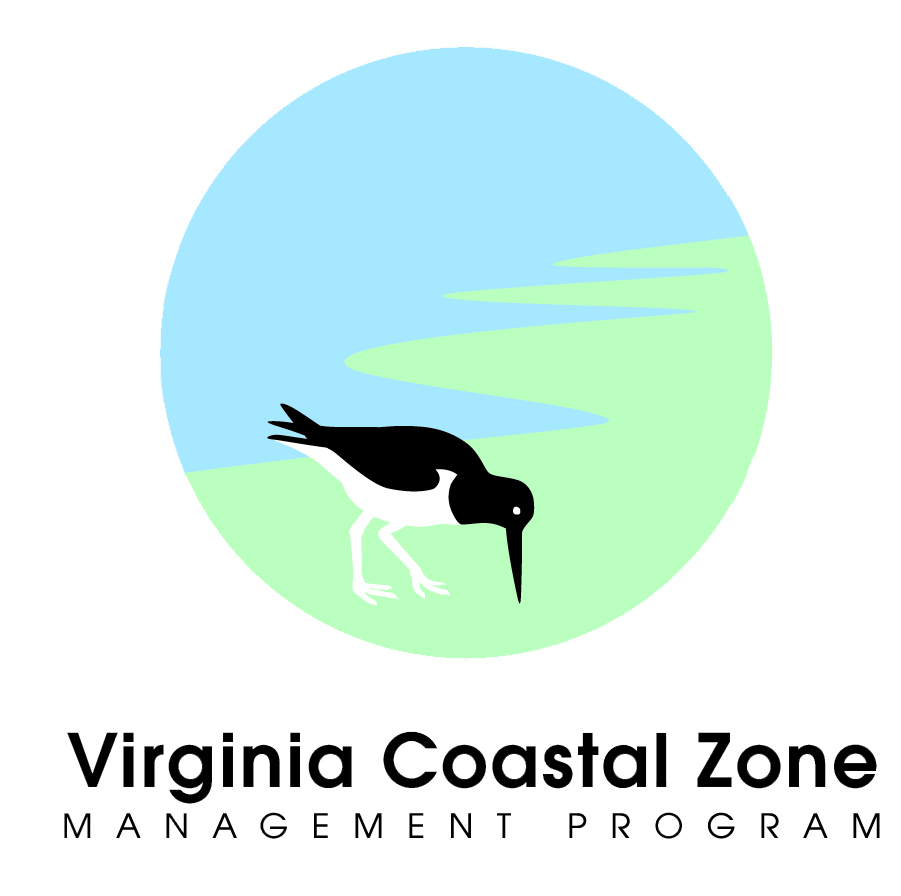Who leads The RAFT?
The Institute for Engagement & Negotiation (IEN) at the University of Virginia and the Virginia Coastal Policy Center (VCPC) at William & Mary Law School developed The RAFT in 2015 to help Virginia localities improve resilience to a range of challenges relating to climate change while striving to be economically and socially viable. These challenges have expanded over time to include flooding, storm hazards, heat, and other emerging issues, captured under a broad definition of resilience. Prior to the first regional RAFT process in 2018, Old Dominion University (ODU) joined the RAFT multi-university collaborative, with support from the Virginia Sea Grant Climate Adaptation Resilience Program initially and later ODU's Institute for Coastal Adaptation & Resilience (ICAR).
In June of 2023, VCPC closed its doors and ended its eight-year partnership with The RAFT. However, VCPC’s legacy and influences on The RAFT will continue to shape its work and have positive impacts on communities for years to come.
Most recently, in June of 2023, Virginia Tech (VT) and its Center for Coastal Studies joined The RAFT’s multi-university collaborative as a new core partner. VT will add value to The RAFT’s work by facilitating more robust connections to extension specialists and resources across the Commonwealth, developing strategic partnerships with researchers from the VT Coastal Collaborator in Hampton, VA, and offering expertise in GIS, qualitative research, and community engagement.
The RAFT is being further expanded to address the resilience needs of sovereign tribal nations in Virginia. In the future, The RAFT is looking forward to continuing to grow through forging further partnerships with additional universities throughout the Commonwealth who want to leverage their faculty and classes to provide resilience support to localities and Tribes.
How was The RAFT Developed?
Before developing The RAFT Scorecard, The RAFT Team surveyed existing resilience and sustainability scorecards and report cards, and analyzed their metrics and approaches for scoring. Graduate students then investigated five of the most notable instruments, interviewing the developers and recipients to glean lessons learned and recommendations for The RAFT. Using this information, The RAFT University Collaborative convened a 20+ member advisory committee, drawn from multiple disciplines and Virginia government entities and universities, to advise the development of a new scorecard, and the larger RAFT process. Most existing scorecards focused on one or more facets of resilience, The RAFT Scorecard more broadly assesses five key elements of resilience: (1) Policy, Leadership, and Collaboration; (2) Risk Assessment and Emergency Management; (3) Infrastructure Resilience; (4) Planning for Resilience; and (5) Community Engagement, Health, and Well-Being. In addition, consideration of social equity is integrated throughout the Scorecard.
Testing The RAFT with Three Pilot Localities
Over the next two years, The RAFT Team worked to develop and refine its Scorecard with the advisory committee, as well as with a focus group of coastal locality experts and another of experts in social equity. During this time the Team tested the Scorecard and the full three-part RAFT process with three pilot localities – a city (Portsmouth), a county (Gloucester), and a town (Cape Charles), each located in a different part of the Virginia coastal zone and each with very different needs and cultures. Pilot communities were selected on the basis of several criteria, including recommendations from the partnering Planning District Commission, a willingness to participate, demographic diversity, diversity in municipality type, density, size, varying stages in comprehensive planning, and physical vulnerability to coastal flooding. Following completion of the year-long process, and a phase of assessment and further refinement of the Scorecard and process, The RAFT moved into its next phase of development.
Refining The Scorecard to Integrate Social Equity and Feedback from Pilots
Following the completion of the three pilots, The RAFT Team held a focus group of seven social equity experts from local government services, state agencies, and academics to identify issues and concerns relating to social equity in climate change. Very specific guidance from these experts led to integration of social equity throughout The RAFT Scorecard, as well as an emphasis on identifying populations experiencing different kinds of risk, establishing networks of communication and working with trusted messengers. Additionally, a special evaluation focus group was held with representatives from the three pilot localities as well as representatives of their regional governments. Detailed feedback on the Scorecard and the overall process led to further refinement of the Scorecard as well as a decision that, going forward, locality Implementation Teams would be established to help co-create the one-year Resilience Action Checklists and support implementation of the Checklist throughout the year.
Taking a Regional Approach with Seven Localities on the Eastern Shore
In 2018-2019, at the invitation of the Accomack-Northampton Planning District Commission (A-NPDC), The RAFT Team initiated a regional approach on Virginia’s Eastern Shore. Seven localities identified by the A-NPDC were invited to work with The RAFT: the counties of Accomack and Northampton, and the towns of Chincoteague, Onancock, Saxis, Tangier, and Wachapreague. The regional approach maintains the community-led focus for development and implementation of each locality’s Resilience Action Checklist, while also enabling the localities to discuss shared goals and needs that might be addressed together, to learn from each other, and to avoid duplication of effort. The regional approach employs a collective impact approach in which the resources of The RAFT University Collaborative Team, together with local community resources and knowledge, combine to create a larger impact for the region than would be possible if each locality worked alone.
Replicating the Regional Approach with Eight Localities in the Northern Neck and Six Localities in the Middle Peninsula
In October 2019, The RAFT was launched in the Northern Neck with the goal of leveraging its successful regional approach with communities on the Eastern Shore in a new geographic region of Virginia. In partnership with the Northern Neck Planning District Commission (NNPDC), the three-university Collaborative Team worked with four counties and four towns: Lancaster County, Northumberland County, Richmond County, Westmoreland County and the Towns of Colonial Beach, Kilmarnock, White Stone, and Warsaw. Due to the impacts of the COVID-19 pandemic on community engagement, however, The RAFT Team adapted its process and shifted from its usual in-person regional workshop to a series of online Resilience Action Workshops that were conducted individually with each locality in June and July of 2020. The RAFT team worked with these eight localities to implement each of their individual Resilience Action Checklists through Summer 2021.

.png)



